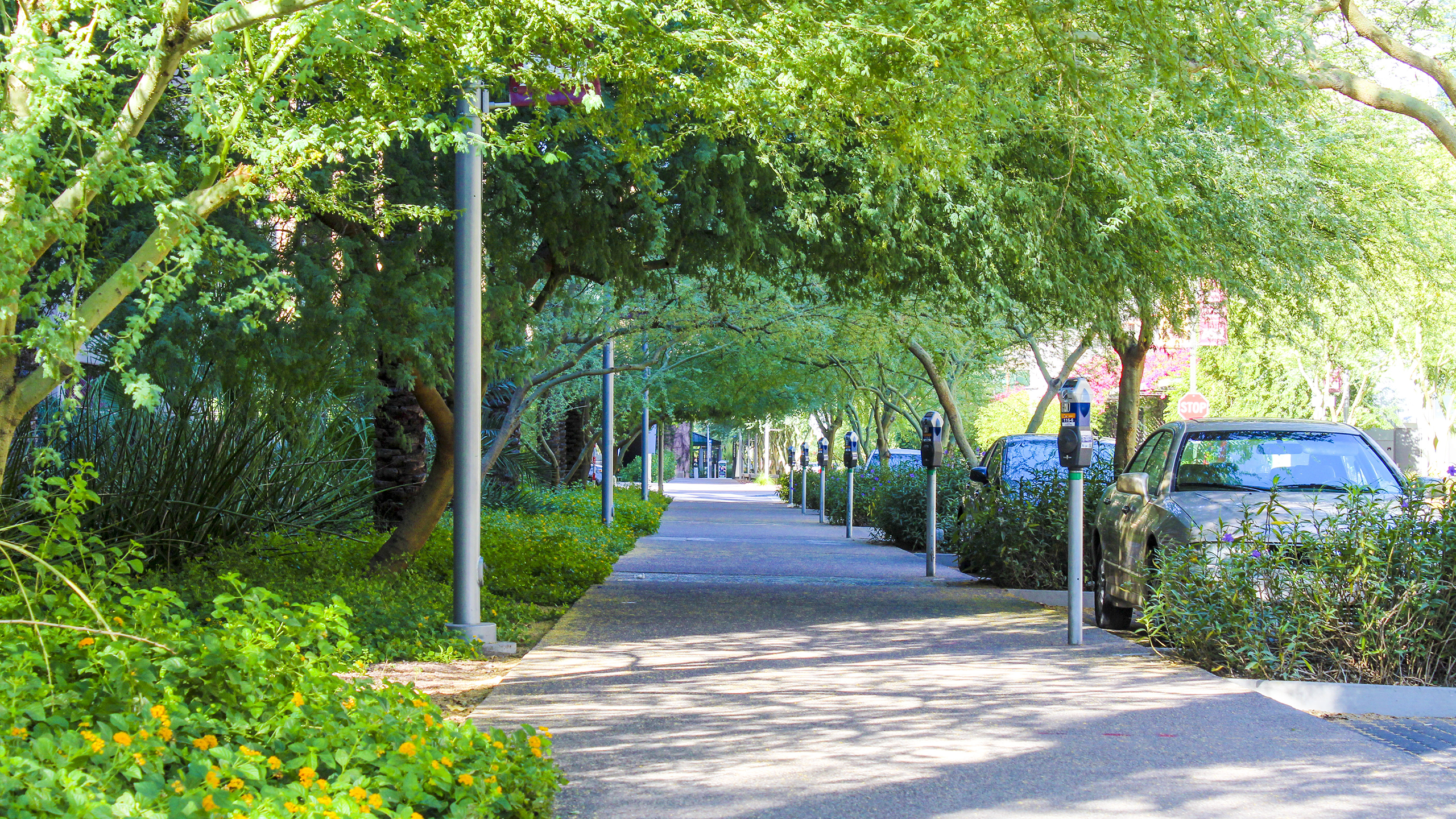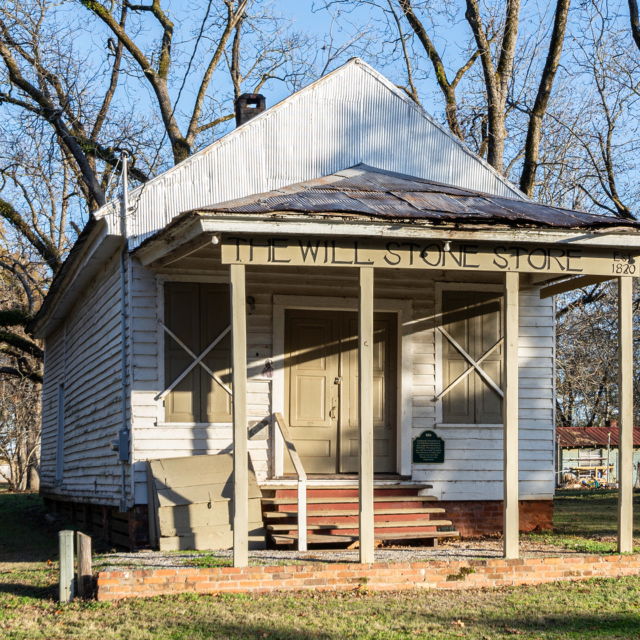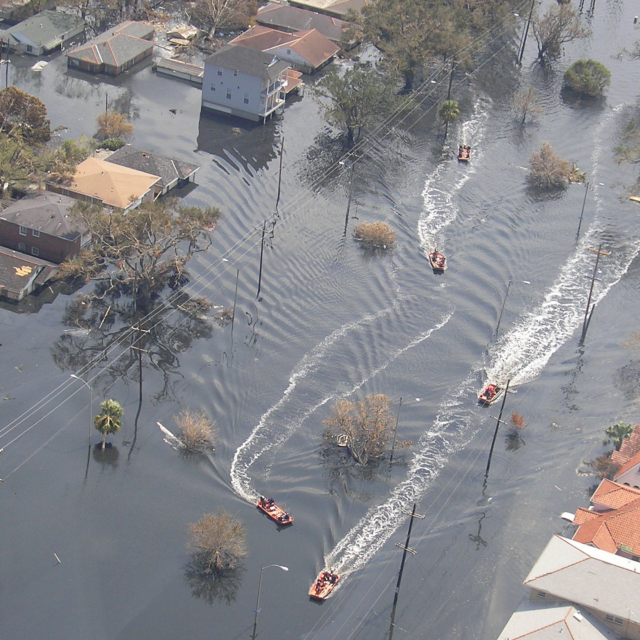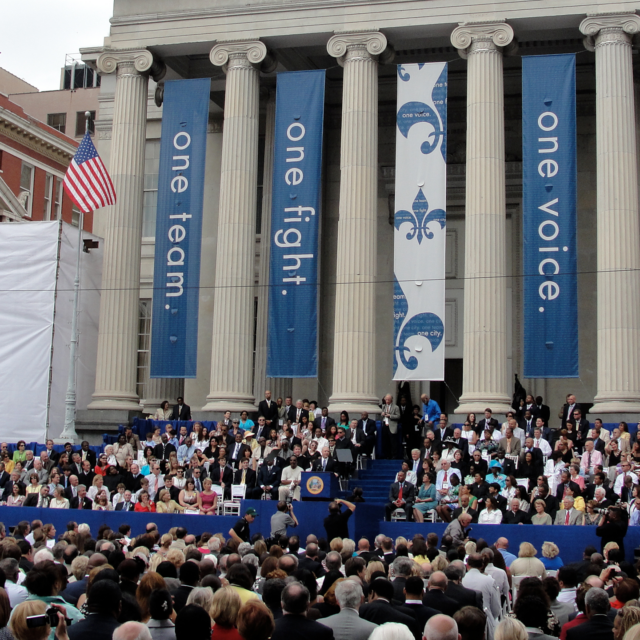Listen and subscribe to us on your favorite podcast platform:
I think the federal government can’t ignore this anymore. We’ve seen this massive uptick in interest in extreme heat just generally across the board. There’s this realization that communities are not ready.
— Dr. V Kelly Turner, associate director of the Luskin Center for Innovation at the University of California, Los Angeles
Extreme heat, when compared to other natural disasters, can be slow-moving and hard to observe. There aren’t homes to repair or debris to clear following a heat wave, but the devastation is revealed in the rising number of heat-related fatalities and declining public health measures across many vulnerable populations within Ten Across communities like Phoenix, Los Angeles, Tucson and San Antonio.
Rising temperatures already pose a risk to this region’s critical physical infrastructure, as reported by nonprofit Climate Central: the US experienced 60% more hot season power outages during the last 10 years than in the period from 2000 to 2009. And the risk of heat-related grid failures across California, Arizona, Nevada, and Texas is expected to grow quickly, according to findings released earlier this year by global advisory firm ICF.
Federal, state, and local leaders are now focused on mitigating the most severe outcomes for heat-vulnerable communities. This summer the Biden Administration hosted the first ever White House Summit on Extreme Heat, pulling together more than 100 experts on the cutting edge of heat research and adaptation to develop shovel-ready resilience projects. Topping the list of priorities were long-term interventions like improved tree canopy and installation of cooling infrastructure in the most at-risk cities and suburbs.
In this episode, Ten Across founder Duke Reiter speaks with Dr. V Kelly Turner, assistant professor of urban planning at the University of California, Los Angeles, who participated in the White House Summit and has been a leading voice in reimagining the built environment for a hotter climate.
Earlier this year, Kelly was appointed director of the National Integrated Heat Health Information System’s (NIHHIS) Center for Heat Resilient Communities. The Center will begin accepting applications on November 20, 2024, from communities in need of technical assistance to determine the best locally tailored heat solutions. Listen in as Duke and Kelly discuss what these strategies might look like and why they are so immediately needed in the Ten Across region.
Relevant links and resources:
NOAA and NIHHIS Center for Heat Resilient Communities – information for cities and tribes interested in applying for heat mitigation grant technical assistance (APPLICATIONS DUE January 24, 2025): https://cpo.noaa.gov/wp-content/uploads/2024/11/CHRC-Application-Supplement-10-31-2.pdf
“New climate projections show rising exposure to extreme heat in disadvantaged communities” (ICF, May 2024)
“What Some of the Hottest Cities on The 10 Are Doing to Address Deadly Heat” (Ten Across Conversations, August 2024)
“10X Heat Series: Covering Climate Change as It Unfolds with Jeff Goodell” (Ten Across Conversations, July 2023)
Guest Speaker
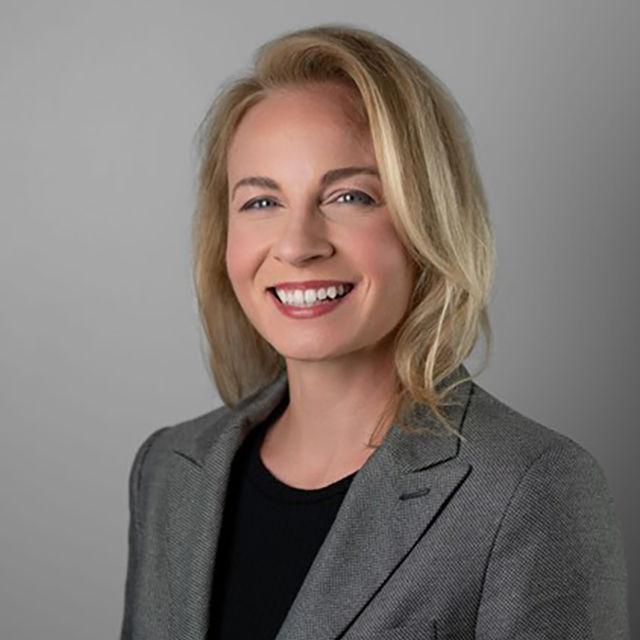
Dr. V. Kelly Turner is an associate professor of urban planning and geography and serves as Associate Director of the Luskin Center for Innovation (LCI). She leads LCI’s research on Heat Equity which provides evidence-based approaches to protect people, especially vulnerable populations, where they live and work. Dr. Turner’s current research encompasses heat governance and policy, planning for climate resilient communities, and producing actionable data for heat-health equity. Her work has been published in Nature, Environmental Research Letters, and the Journal of the American Planning Association and she has served as a Science Advisor to the Arsht-Rockefeller Extreme Heat Resilience Alliance.
